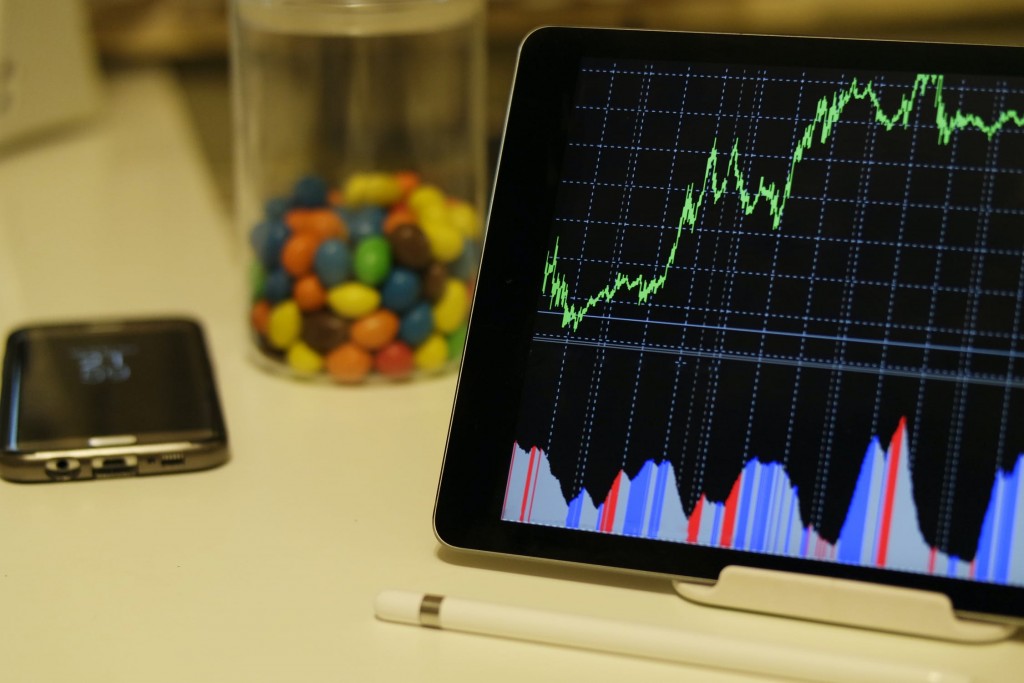Not everyone is privy to the idea of investing in dividend stocks, or what they even are. These are stocks that are regularly paid out to stockholders from companies, especially those who have well-established track records of distributing their earnings.
Dividend stocks do come with some misconceptions that have to be discussed in order for people to understand what they truly are and how they work.

Dividend Stock Investing Is Only For Seniors
This certainly isn’t true. Although it’s an attractive option for the older generation due to having more disposable income, younger investors should be taking a look at them to add to their portfolios. Their safest bet is to aim towards the middle- to lower-end dividend spectrums, such as up-and-coming companies, in order to grow profits in the future. mywealthandinvestment can provide with more information on what your best options may be.
Dividend Stocks Are Safe Investments
That isn’t at all true. Investing in anything is going to be a risky endeavor. There is always the chance to lose money, but dividend stocks do tend to be safer than others. It’s better to spread out your investments into different baskets in order to minimize your losses. Choose companies in different industries too for the same reason.
Companies Have to Maintain A Stable Dividend Payout
Companies have no obligation to pay dividends or keep the payments at the same amount once they’ve started. However, if they choose not to, it can reflect poorly on the company and the prices of its shares, especially if they have a dividend policy in place. They tend to alleviate shareholder expectations by choosing a certain dividend payment method.
- Stability: the dividend is set at a fixed number, usually a fraction of quarterly or annual earnings.
- Residual: new projects are funded out of equity generated and pay dividends only after the capital requirements are met.
- Hybrid: a combination of the two; a fixed dividend is set and additional dividends are distributed when the company can afford to do so.
You Should Always Invest in High-Yield Stocks
Yield can be a great way to measure who much you’re getting for each investment, but it shouldn’t be the only thing you use to determine a stock’s true value. The share price should also be examined, as well as your personal income requirements.
So what does a high yield mean exactly? It can be a sign that a company’s share price is sinking and that they’re trying to save themselves from tanking by increasing the yield to look more attractive. If the yield is abnormal for the sector it’s in, then there’s a high chance that a dividend cut will arise.
Knowing whether to invest in dividend stocks or not and which ones to invest in takes a lot of time, effort, and research on your part. You can’t just jump in headfirst and expect everything to work out on its own. That’s the best way to set yourself up for failure.